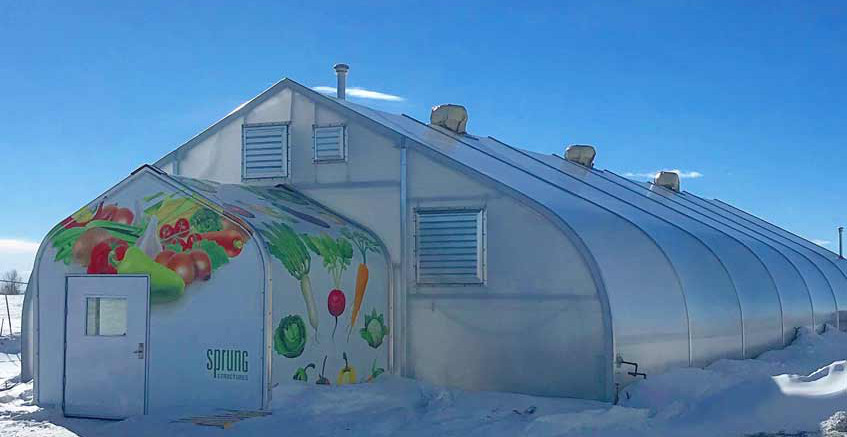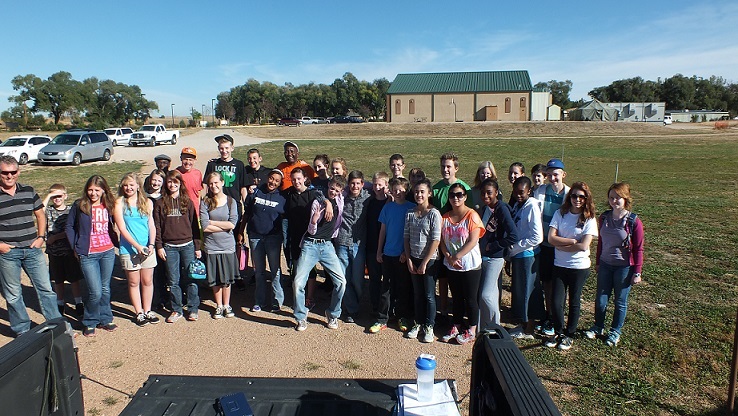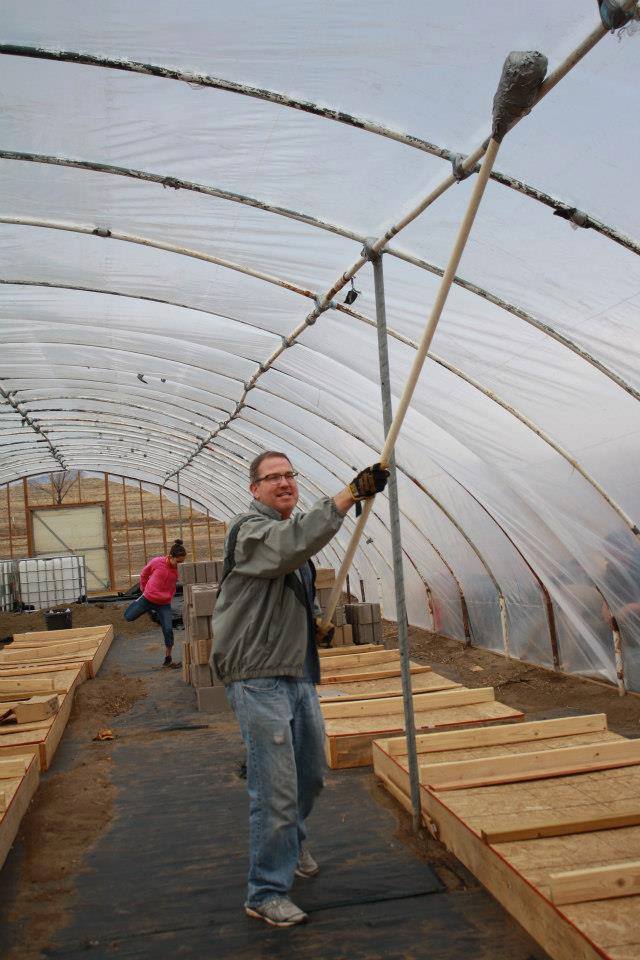Abundant Harvest Community Garden Outreach is a local organization that is transitioning from traditional farming to growing more nutritious and healthy produce using Hydroponic and Aquaponics growing methods. A portion of the produce will be provided to low-income, senior, and military families of the Colorado Springs community while teaching members of low-income neighborhoods how to grow their own food in a small-scale Aquaponics operation.
Abundant Harvest is a 501 (c) 3 organization dedicated to sustainable farming and community empowerment. Founder Charles Hendrix was inspired to start Abundant Harvest when he saw the need in the community for a more sustainable source of healthy and accessible food.
Abundant Harvest was launched in 2010 on two acres of land donated by Restoration Church. Using a “zero” dollar budget and materials donated by the community, we were able to grow and distribute 2,264 lbs. of healthy fresh produce to the low-income, needy, seniors, and military members of the Colorado Springs community.
In 2011 we added an automated drip system, 12 additional 4ft. x 50ft. raised beds (16 total), and donated 4,819 lbs. of produce to those in need. We also added 3 Personal Development Classes that we offered to our volunteers and community residents. Furthermore, we received 550 volunteer hours from several community organizations in the greater Colorado Springs/Fountain area.
Continuing into 2012, we established partnerships with Colorado Springs Early Colleges and Colorado State University Extension. Abundant Harvest is currently raising funds to build a commercial-scale Aquaponics system, a sustainable food production technique that combines aquaculture, the raising of fish, with hydroponics. The vegetables and fish work together in a sustainable cycle. The fish waste provides fertilizer to the plants and the plants keep the water clean for the fish. The system also uses only a fraction of the water, energy, and labor of other farming practices. Because Aquaponics is a closed-loop system, it offers communities the independence to grow their own food.



